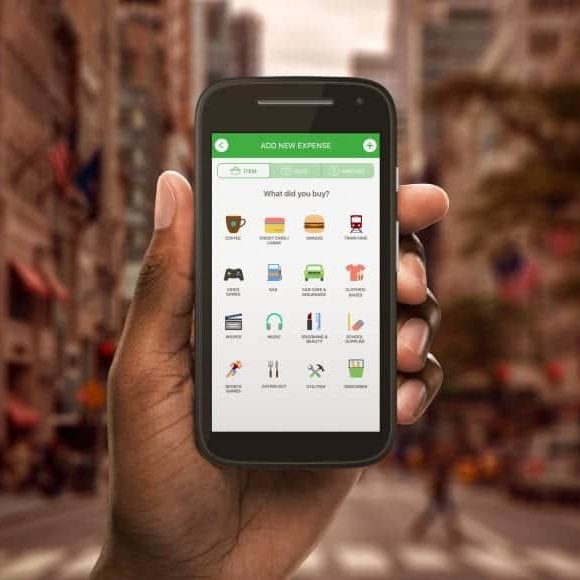We’re collaborating with MyPath, a national nonprofit based in San Francisco, CA, to continue delivering financial products for low-income individuals. Backed by a sponsorship from JPMorgan Chase, we’ve joined forces to uncover the next iteration of MyPath Money, both on the Savings and Credit programs.
Social Impact
Insights into CauseLabs’ commitment to social impact and initiatives that drive positive change in communities.

Guide for Innovation Week 4: Synthesis and Roadmap
This week may be the most important because it synthesizes everything into a decision-enabling Roadmap. This is the why. And the how. And the what to do next.
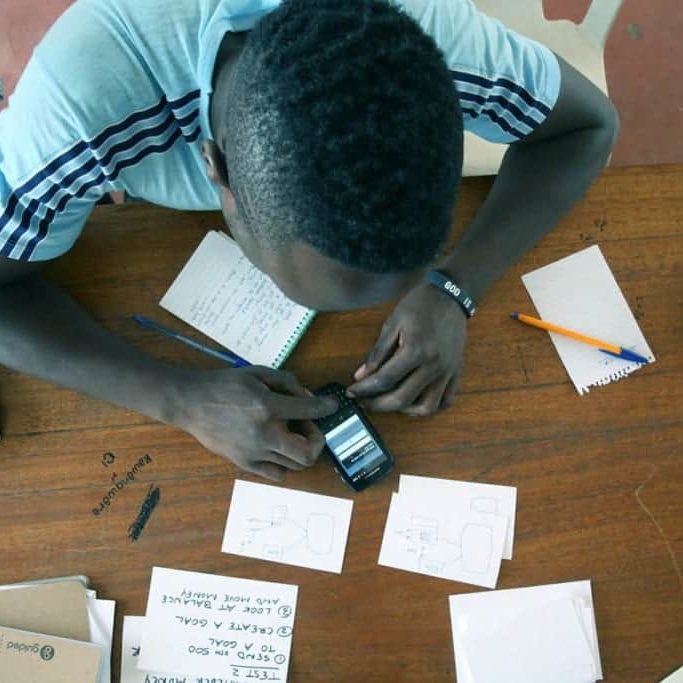
Guide for Innovation Week 3: Prototyping
Starting now, we’ll take all of our work during discovery, immersion, and ideation and boil it down into something real. This week is all about the Workshop.
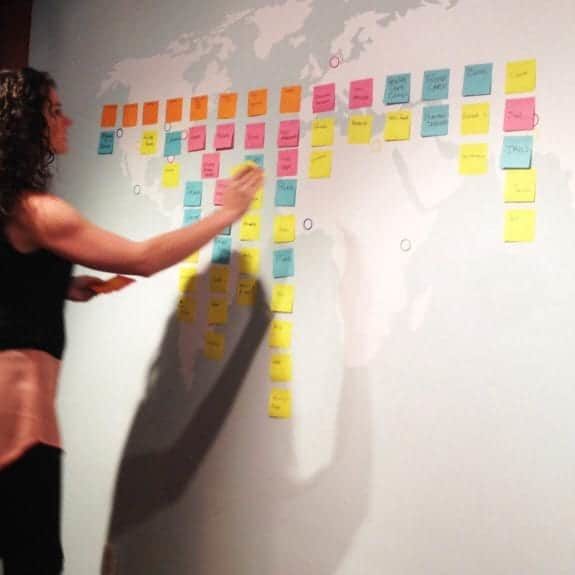
Guide for Innovation Week 2: Research + Empathy
Hey gang, welcome back. Hopefully by now you’re really powering with your team and starting to feel the momentum of the process. Last week kicked things off with brainstorming and early research. Now, we’ll focus on confirming the direction, trusting your hunches, experimenting beyond your team, and seeking deeper empathy in your process. So let’s get started!
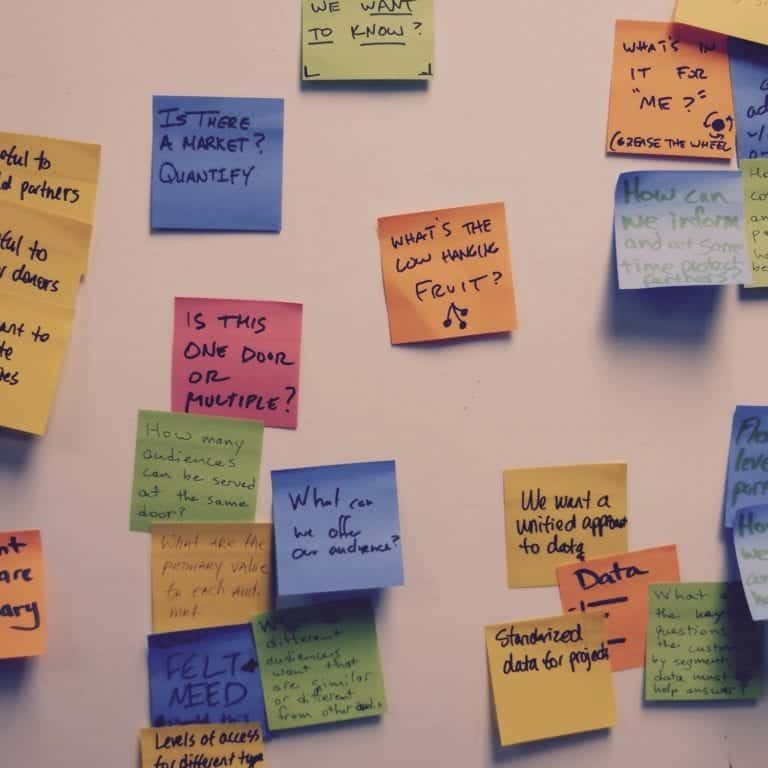
Week 1: Problem Immersion + Drawing Board
This week we’ll dig into the first of two sessions that we call Drawing Boards. In large part they’re exactly what they sound like: a starting place to gather the team and set the focus, built initially around the Problem Statement draft, and a place to keep referring to as the process progresses.
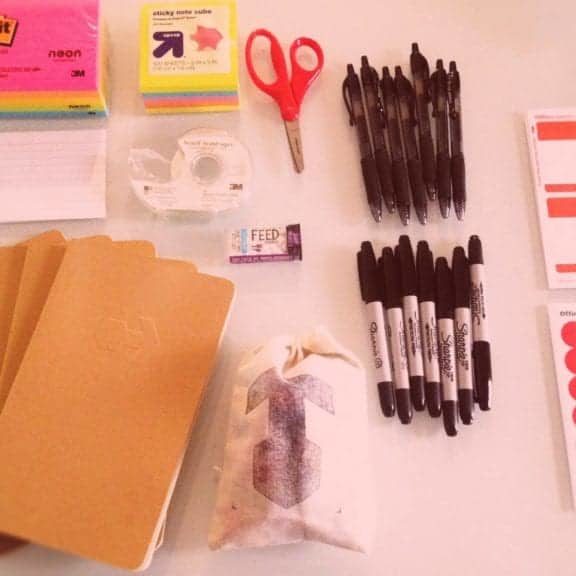
The 4-Week Guide for Digital Innovation
We’re here to help real people like you more easily understand what it takes to build innovative digital tools by doing a few simple things like putting people first, allowing space for collaboration, staying close to those experiencing the problems, and exploring new ways to generate ideas.

Problem Statements in Digital Innovation: The Importance of Asking the Right Question
It all starts with a problem. We’ve found it’s amazingly helpful to have a single statement that represents the nature of the problem, who’s experiencing it, and why it’s so important to solve. We have a simple template you can use, inspired by the ongoing work we do with our friends at IDEO.org.

Two innovation hacks you can implement immediately
My friend’s forehead was creased, his consternation visible at the intersection of his caved-in eyebrows. “I have to get out of this building to innovate. I can’t do it here. The technology, the dress code, the culture. It can’t get us where we need to go, and even if it could, it wouldn’t do it fast enough.”
